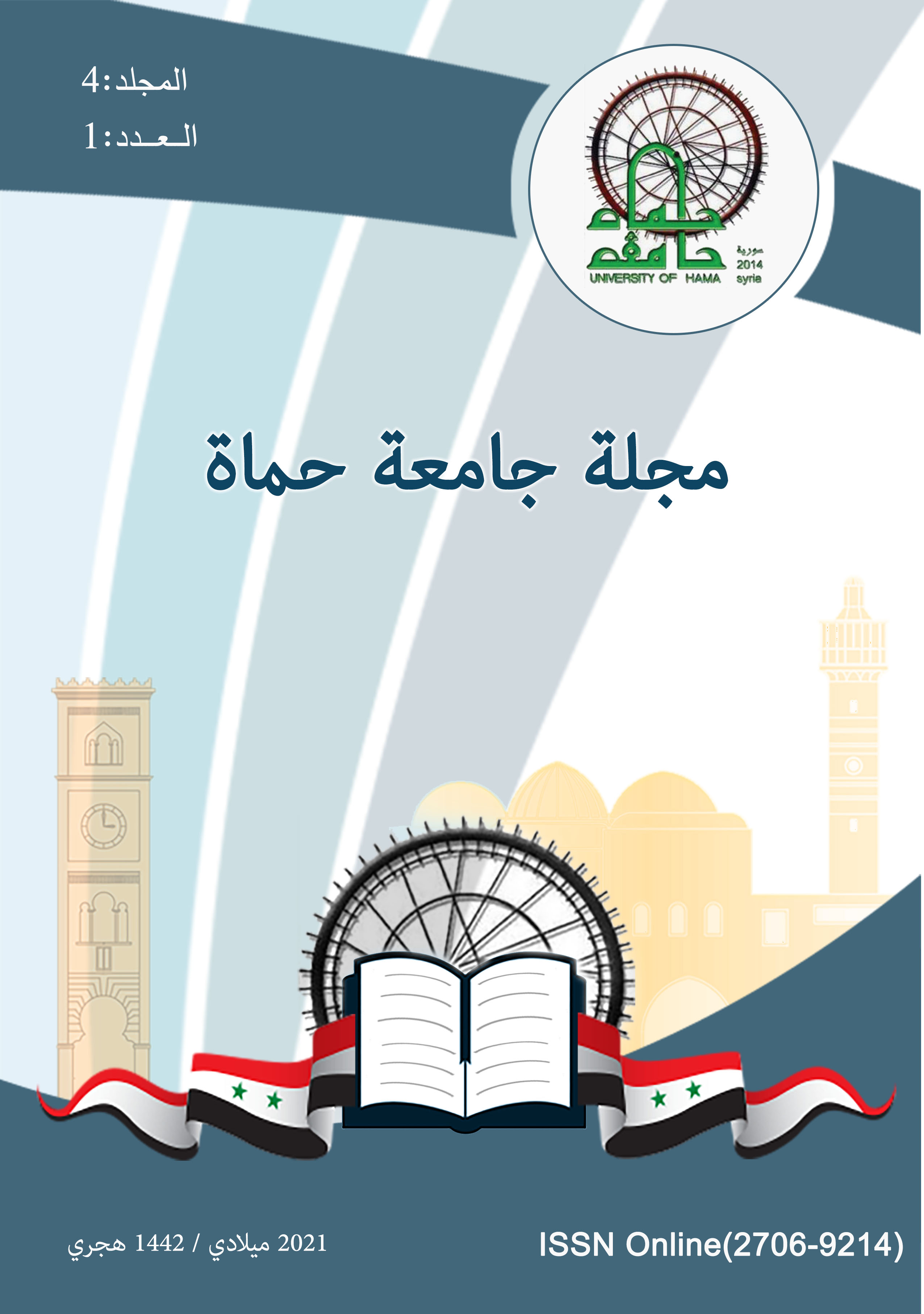An in-Vitro Study for Determining the Dimensions Accuracy of Digital Models Comparison with Study Models and Reliability of Digital Scanning in Removable Partial Dentures
الملخص
Removable partial dentures are a conservative and economical treatment option to replace missing teeth in partially edentulous patients, improving their quality of life. However, its conventional fabrication is a complex and time-consuming process. To satisfy the patients aesthetically and functionally, new materials and new techniques of dentures manufacturing are developed. This study aims to measure and compare the distances between the selected landmarks on the study models and digital models, and to measure the depth of fixation on the abutment teeth. The research sample included 20 models of partially edentulous, where the sample was randomly divided into two groups, the first group included 10 models of the first class of Kennedy classification and the second included 10 models of a third class of Kennedy classification where measurement of distances was performed on the models of the first group that the support is in tissue more than a tooth using an digital caliper The undercut depth measurement was performed on the models of the second group that the support is in tooth using a dental surveyor, then a digital scan was performed for all the models, the same previous measurements were made on the CAD-CAM program and the results were compared.The linear distance measurement on the CAD-CAM program was greater than that of the study models with an average of 0.08 mm, but this difference was not statistically significant while the measurement of the undercut depth on abutments for the CAD program was greater than that of the study models and an average of 0.03 mm and a difference Statistically significant
1- Gypsum casts can be digitally scanned with sophisticated and accurate scanners.
2- Digital models can be used to diagnose, study the case, and develop a treatment plan.


